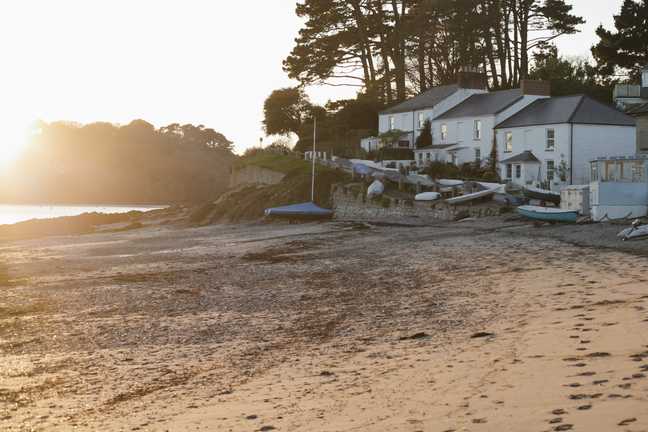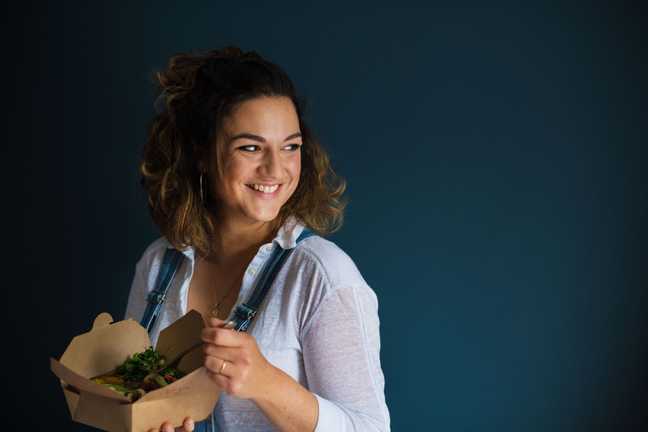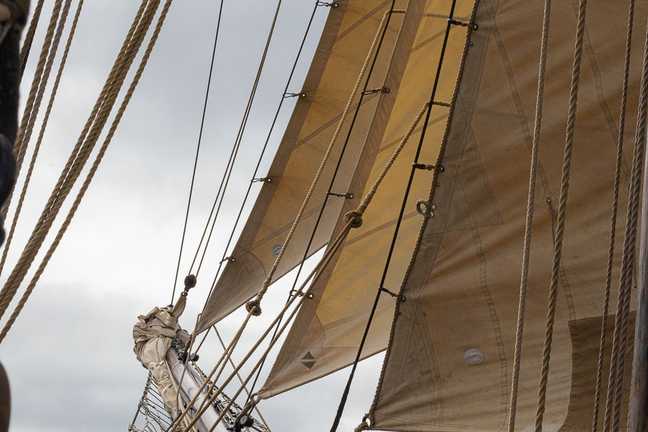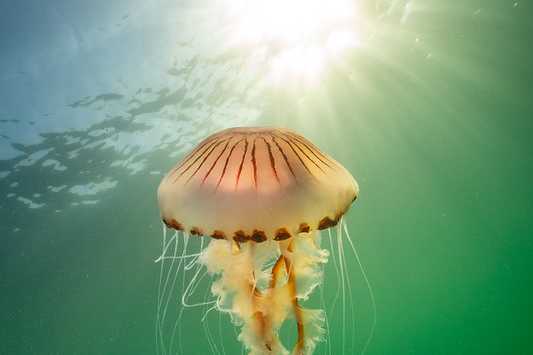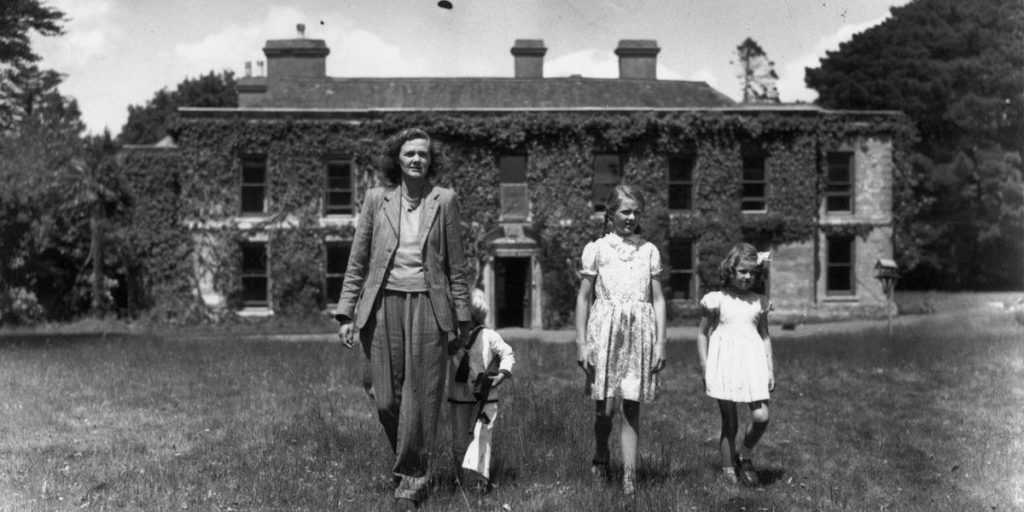
Daphne Du Maurier’s Cornwall
Inspired by Cornwall
Much like visitors coming to Cornwall on holiday, Daphne Du Maurier retreated from London society to the landscape of Cornwall. It's here that she would spend time with simpler pursuits, writing, fishing and sailing - free of the pressures and expectations that came from her life in the city.
Honeymooning in a cottage on the Helford River at Frenchman’s Creek (the setting that would later inspire the novel of the same name) Du Maurier’s love of Cornwall was all-encompassing. The Helford River is the perfect place to be immersed in the countryside that so inspired her writing.
You can tread the steps Du Maurier once paced easily from your holiday cottage, taking the ferry from Helford Passage over to Helford Village, following the coast path up Frenchman’s Creek to the cottage where she stayed. Here it’s easy to understand the magic and intrigue that this place once held and still continues to hold within the imagination. Frenchman’s Creek remains one of the quietest parts of Cornwall, with the tide lapping against the dense woodland that lines the creek you’d be forgiven for thinking that Du Maurier herself might just wander around the corner.
Another place nearby, and one of many great Cornish houses that can lay claim to having some part to play in the inspiration for ‘Manderley’ in Du Maurier’s novel ‘Rebecca’ is Trelowarren. Rumour has it that after a muddy walk through the woods and fields alongside the Helford River, Du Maurier and her party were refused entry by staff who mistook them for travelling vagabonds. Du Maurier would later describe Trelowarren and it’s long sweeping drive amongst oak trees as ‘the most beautiful place imaginable’ in a letter, so it’s safe to assume that she must have returned later on in a slightly more presentable state and had a look around…
‘Rebecca’ is likely to be Du Maurier’s most memorable work, having never gone out of print since it was first published back in 1938 and selling over 2.8 million copies between then and 1965- a number likely to have quadrupled in the years since. Recently featured on the small screen, a Netflix adaptation of Daphne Du Maurier’s iconic ‘Rebecca’ starred Hollywood A-Listers Lily James and Armie Hammer.
Menabilly, the Country House that Du Maurier restored from a dilapidated state in Fowey and lived in is another fine house likely to have influenced the ‘Manderley’ of her imagination. Ivy covered and only visible from the water, with an ‘eerie and most ghostlike atmosphere’, Du Maurier would trespass here and pace the empty hallways and rooms for years before finally taking on the lease. Her relationship to Fowey is intimate and easily understood when you pause for a moment at it’s romantic and picturesque harbour.
A pensive Daphne Du Maurier
Familiar to all of our guests must be the iconic Jamaica Inn, which can be seen towering over the moorland on the journey down along the A30. The scene for the novel of the same name, the inn still operates as a pub, and recently harboured stranded drivers during a snowstorm. Jamaica Inn is a dark tale that references the smuggling past of Cornwall, now known for beaches rather than pirates. Nevertheless, Jamaica Inn is an important work which uses the setting of rugged moorland to great effect. Jamaica Inn was recently adapted into a 3-part series by the BBC starring Jessica Brown-Findlay, so readers and non-readers alike can absorb themselves into this story.
Visit Cornwall from the comfort of your sofa (or chaise…) by ordering a book set in Cornwall from The Falmouth Bookseller.


